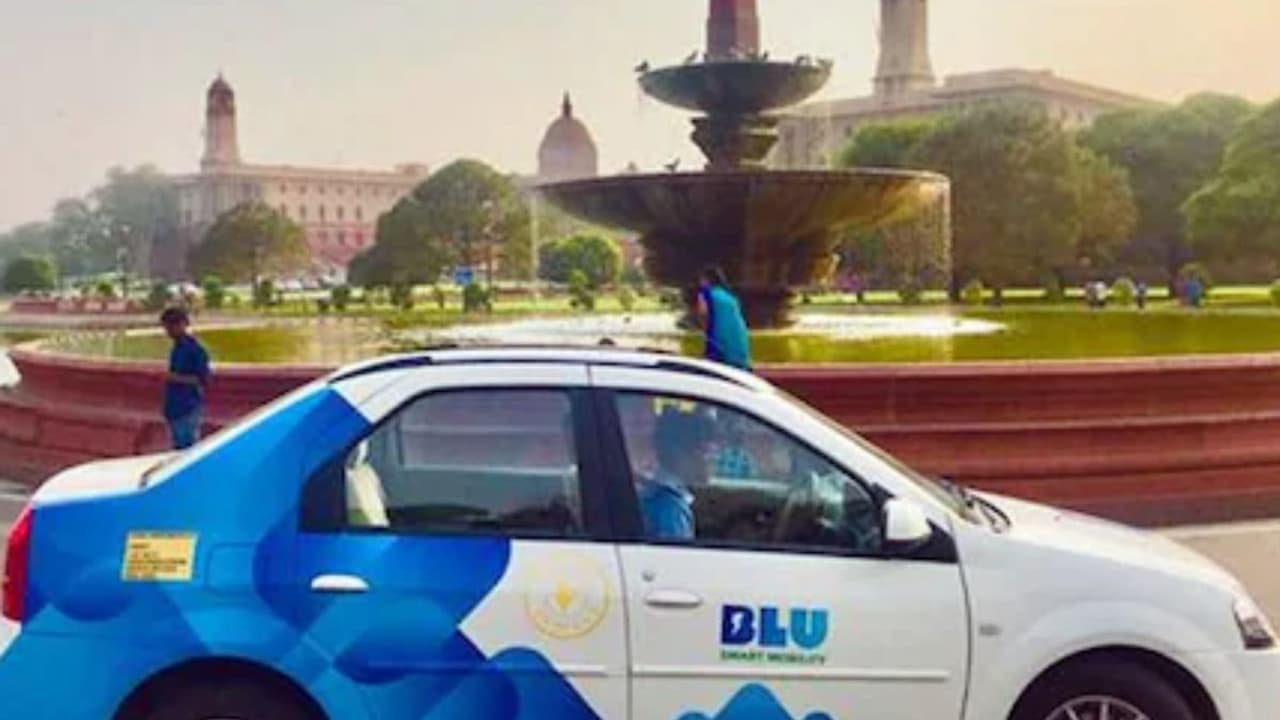BluSmart has unexpectedly stopped accepting new ride reservations in major Indian cities amidst a SEBI investigation into its partner, Gensol Engineering, for alleged embezzlement of over Rs 200 crore.
Once viewed as a potential rival to ride-hailing behemoths Ola and Uber, BluSmart abruptly stopped accepting new ride reservations via its app in major cities including Bengaluru, Mumbai, and Delhi-NCR. Currently, users cannot choose a time or date for appointments, even though the app is still available on the Google Play Store.

This sudden action comes shortly after the Securities and Exchange Board of India's (SEBI) recent investigation into BluSmart's main partner, Gensol Engineering. It is alleged that Gensol, which had close financial relations to BluSmart and leased electric vehicles to the company, embezzled more than Rs 200 crore that was initially intended for EV purchases.
According to rumours on April 14, BluSmart may be getting ready to divest from its primary ride-hailing business amid mounting financial instability. Rather, the business intends to change its focus to serving as an Uber fleet partner.
Details of the investigation
According to the probe, the two used business cash to buy a luxurious flat in Gurugram's ultra-exclusive residential community, The Camellias. Originally reserved in their mother's name, the Rs 43-crore flat was eventually moved to the brothers' company, Capbridge Ventures. Additionally, SEBI discovered that Go-Auto, a dealership that purchases electric cars for the ride-hailing business BluSmart, received Rs 775 crore.
Just Rs 570 crore of this was utilised for the specified purpose; the rest Rs 205 crore, which included the flat payment, was embezzled for unrelated endeavours.
The lavish indulgences didn’t stop at real estate. The report reveals appalling expenditures: Rs 26 lakh on golf sets, Rs 23 lakh to settle credit card bills, and Rs 8 lakh on plush interior décor—all funded through the misused loans.
"What we are witnessing is not just financial mismanagement – it’s a full-scale betrayal of public trust,” the regulator remarked in its order. “Promoters were running the company like a personal piggy bank.”


